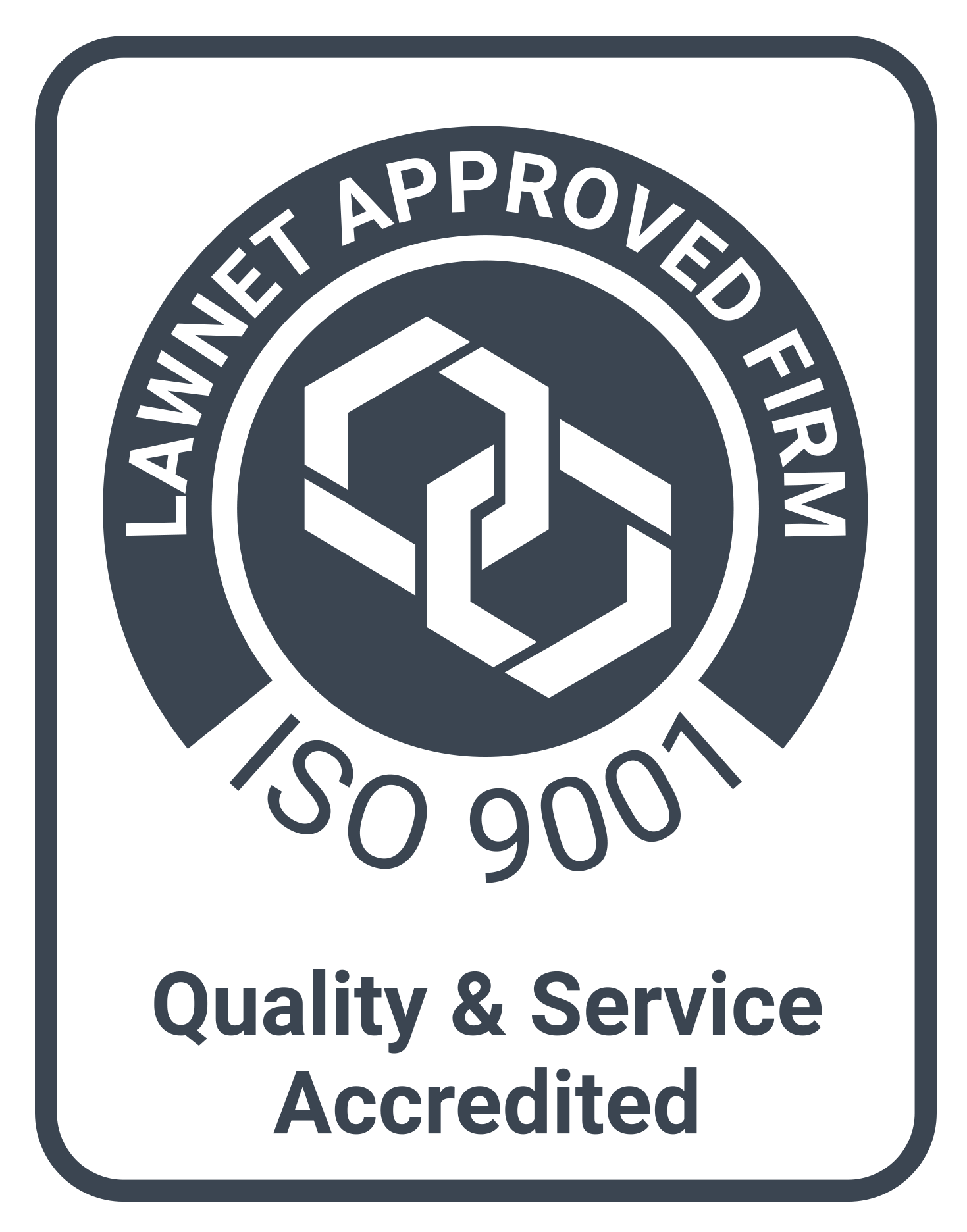Leaseholders: Right to Manage your Block
By Megan Bedwell, a Paralegal in our Commercial Litigation Team.
Many leaseholders are finding that their service charge demands are increasing but the level of service is not improved because of those additional charges.
Most leaseholders are aware they have a statutory right to collectively purchase their freehold but there is another and much cheaper route to consider if they wish to take control of the management of their block, without having to find the funds to buy the freehold.
Right to manage is available to leaseholders in a building which enables them to take over management responsibilities of the freeholder.
There are several qualifying factors which allows the leaseholders to exercise their right:
- The building must be made up of flats (houses don’t qualify).
- At least two-thirds of the flats in the building must be leasehold – with leases that were for more than 21 years when they were granted.
- At least 75% of the building must be residential – for example, if there’s a shop in the building, it can’t take up more than 25% of the total floor area.
- They must live somewhere else if there are less than 4 flats in the block – unless the block was purpose-built as flats, rather than converted from another type of building.
- There is no requirement (unlike collective enfranchisement) to hold no more than two leasehold properties so one person owning all the flats can still exercise their right to manage their block.
- Any number of owners can set up an RTM company – but at least half of the flats in the building must be members of the company before it can take over management.
The tenant who wishes to be part of the right to manage must be a long leaseholder (has a lease of 21 years or more) and the lease must not be a business tenancy. The leaseholder does not have to reside in the property, and they can hold more than two flats and still be involved, unlike the enfranchisement route.
There are many benefits to pursuing the right to manage route as opposed to enfranchisement.
Right to manage is a procedure which leaseholders can pursue without permission or authority from the Landlord or Management Company. If the requirements above are satisfied, then the right to manage can proceed.
If leaseholders are frustrated by their landlord’s actions of poor management or upkeep of the building, there is no requirement for the leaseholders to prove that this is the case and therefore no requirement to justify their application of a right to manage. This provides a substantial benefit for leaseholders in that they can proceed down the right to manage route without needing to gather evidence to support their decision. It provides ease for all leaseholders pursuing this route.
The right to manage is a cheap and cost-effective route in comparison to looking to acquire the freehold.
Legal costs will still be involved, but this will not involve the leaseholders covering the costs to purchase the freehold. The right to manage process is also quick, especially if it is not disputed with a counter-notice.
The leases do not need to be varied when the transfer of management takes place. The management responsibilities are acquired once the acquisition date is provided.
Another advantage has been shown in the recent case of Eastpoint Block A RTM Company Ltd v Otubaga [2023]. The Court of Appeal held that a right to manage has a right to enforce untransferred covenants ‘in the same manner’ as the landlord and they can commence an action for damages for breach of covenant or for an injunction restraining breach (in the county court) or a claim for section 168(4) determination (in the First Tier Tribunal). This allows the right to manage company the opportunity to recover losses where they have experienced a breach of a covenant, which provides members of the company with more confidence and reassurance in pursuing the process.
The overall process of right to manage is straightforward and can save you money in the long run. It provides you with control over the building, enabling decisions to be made mutually between parties who hold the same interests. It can help maintain a positive relationship with your neighbours and allows discussions to take place that are in each other’s best interests in establishing the best way forward on crucial management matters for the building.
If you would like to arrange a free initial consultation with a member of our litigation team, please contact us on 01244 356 789 or email info@cullimoredutton.co.uk





